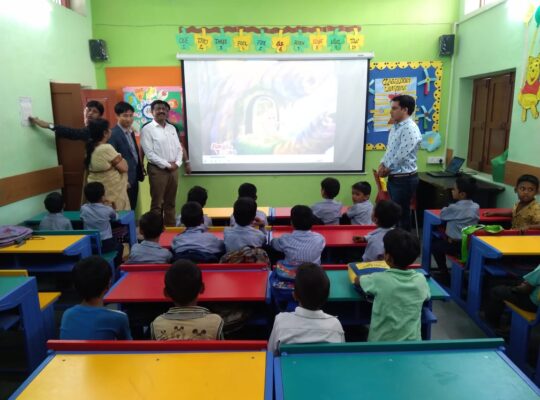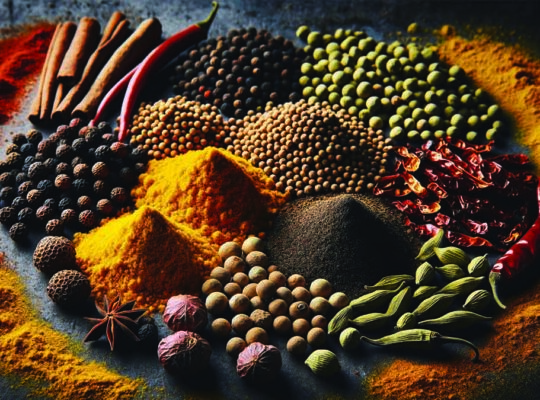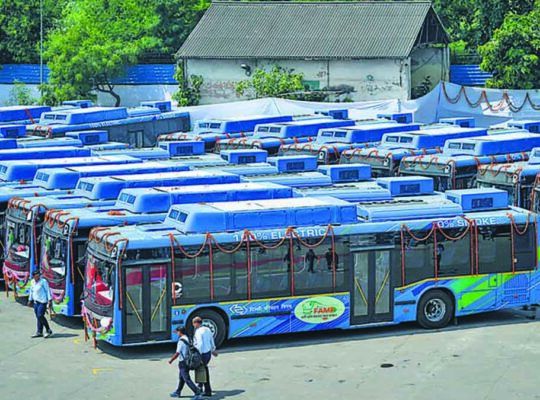While the WHO approved two rheumatoid arthritis drugs, tocilizumab and sarilumab, to treat Covid-19, Veklury or remdesivir was approved as the first medication in the US for treatment of Covid-19 patients.
There is no denying the role and importance of drugs and medicines in our lives. According to data, nearly forty-eight percent of people in the United States were reported to be using at least one prescription drug in the last thirty days in the United States with more than sixty-eight percent of visits to a physician’s office involving some form of drug therapy. Although there is no comparable data available for India, that medicines constitute the single largest component of out-of-pocket expenditure of Indian households illustrates the role and value of medicines in our lives. If regular prescription drugs or over-the-counter medicines hold such enormous value in everyday health-related affairs, imagine and consider the importance and impact of newly-approved medicines for individual patients and families who would desperately need them as well as health authorities for whom every persisting disease is a challenge and every new cure would be the proverbial light at the end of the tunnel. ere is no denying the role and importance of drugs and medicines in our lives. According to data, nearly forty-eight percent of people in the United States were reported to be using at least one prescription drug in the last thirty days in the United States with more than sixty-eight percent of visits to a physician’s office involving some form of drug therapy. Although there is no comparable data available for India, that medicines constitute the single largest component of out-of-pocket expenditure of Indian households illustrates the role and value of medicines in our lives. If regular prescription drugs or over-the-counter medicines hold such enormous value in everyday health-related affairs, imagine and consider the importance and impact of newly-approved medicines for individual patients and families who would desperately need them as well as health authorities for whom every persisting disease is a challenge and every new cure would be the proverbial light at the end of the tunnel.
New approvals go beyond the threshold crossed by previously approved drugs
While the same drug if repurposed is approved again to treat a new disease or a new population of patients or patient cohort, typically the launch of a newly approved drug implies that the latest innovation in question is the best treatment available anywhere in the world for a given medical condition at a given point in time. For instance, until the last decade, diseases such as hepatitis B and C were sought to be addressed only with curative intent hoping to extend the lifespan of a patient and not really help the patient get rid of the disease permanently. But in 2015, with the emergence of new medicines on the market, hepatitis was transformed from a barely manageable condition to one that could be safely and easily cured by all-oral treatment options. In a similar vein, new advances in treatment of breast cancer make sure that the unlike ten-fifteen years ago when a survivor lived on for four to five years maximum, today, he or she can enjoy an extended lifespan of twenty to twenty five years post-treatment
The ever-rising numbers of new approvals: Taking on global health challenges
In recent years, the number of new approvals has been on a constant rise. To illustrate, in 2020, the US FDA’s Centre for Drug Evaluation and Research (CDER) approved 53 novel drugs, the second highest count in over 20 years, marginally lower than 2018’s 59 approvals. The diseases covered by newly approved drugs had covered a wide spectrum ranging from infectious diseases such as Covid-19, HIV, chronic hepatitis C and flu prevention including hospital-acquired bacterial pneumonia and ventilator-associated bacterial pneumonia, to neurological conditions such as Parkinson’s disease and spinal muscular atrophy (SMA). Incidentally, this was the first orally administered drug approved for SMA. In addition, the US also saw the first FDA-approved therapy to treat the rare disease lupus nephritis apart from new approvals for cancers such as thyroid cancer and lung cancer. Undoubtedly, most of these diseases and disorders have a global footprint impacting populations across the world. For its part, India had approved 26 new drugs in 2019, 29 in 2020 and 26 in 2021, nearly half of what has been approved on an average in the US.
Covid-19 reinforced the role and importance of new drug approvals
We have seen how the ongoing pandemic has led to a word-wide scramble for new and innovator drugs demonstrating the importance of newly-approved medicines. From the WHO to the US FDA to our own drug authorities, every regulatory body was been from time to time approving and announcing new drugs and vaccines for treatment of Covid-19 as drug companies and drug research organizations have gone into an overdrive. While the WHO approved two rheumatoid arthritis drugs, tocilizumab and sarilumab, to treat Covid-19, Veklury or remdesivir was approved as the first medication in the US for treatment of Covid-19 patients. Similarly, the Indian government too has allowed a range of new treatments for Covid-19 including a monoclonal antibodies cocktail, 2-deoxy-D-glucose (2-DG) and most recently, molnupiravir, among others.
Developing countries need alternative channels: Makes globalization more meaningful
At a time when a newly-developed drug is known to have the best therapeutic effect for a certain condition, nothing should come in the way of a patient accessing such treatment in any country on the globe. With developing countries such as India (and others) particularly shouldering high disease burden including several rare diseases, government rules and regulations and bureaucratic procedures should not hinder a patient’s access to a new drug developed in the advanced countries. For example, India contributes to one-fourth of global burden of multi-drug resistant (MDR) tuberculosis. Today, there are some of the most advanced treatments available outside India for MDR-TB with one example being a three-drug regimen consisting of bedaquiline, pretomanid and linezolid in the US, a treatment which needs to be made available in India too. Remember, making instant access to a desired new drug, yet unregistered, to a needy patient any place anytime makes the idea of much-touted globalization more meaningful and worthwhile in our lives.
Emergence of alternative channels and facilitators
In recent years, private consultant companies and facilitators have emerged in India who can legally ensure that a patient gets timely access to any newly-approved drugs in the advanced countries, which often take years to be registered and licensed for marketing, distribution and sale in our country. As long as the requirement is for an individual and not for business, and if a practitioner has certified that a patient has exhausted all available treatment options within the country, the government allows bringing in of such medicines from outside into the country. The consultant and facilitator companies, well-networked with global pharma, can source the desired drug and make it available in no time for a needy patient. With a range of services such as Managed Access Programme, Early Access Programme, Compassionate User Programme and Named Patient Service, these consultant companies can make the difference between life and death for a patient and his family.
Therefore, if registered regular prescription medicines and over-the-counter drugs can be made available, there is no reason why newly-approved medicines cannot and should not be made available in time to a needy patient outside the borders of the manufacturing country. Ensuring this makes globalization with a human face truly possible.
















